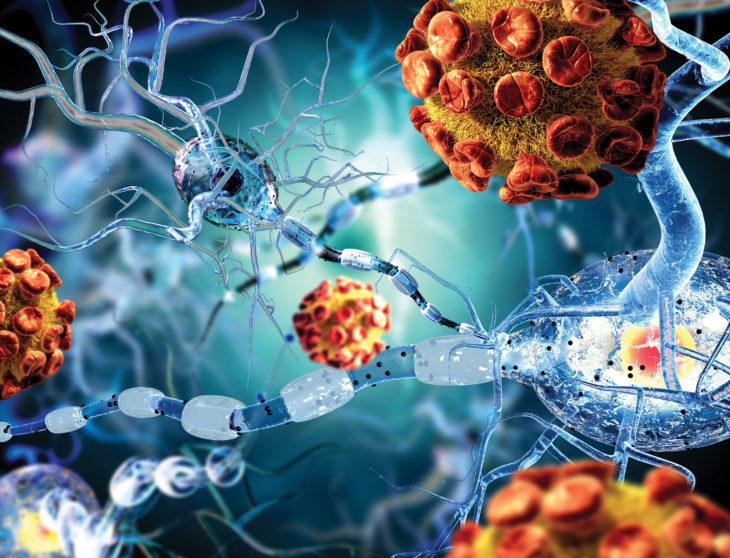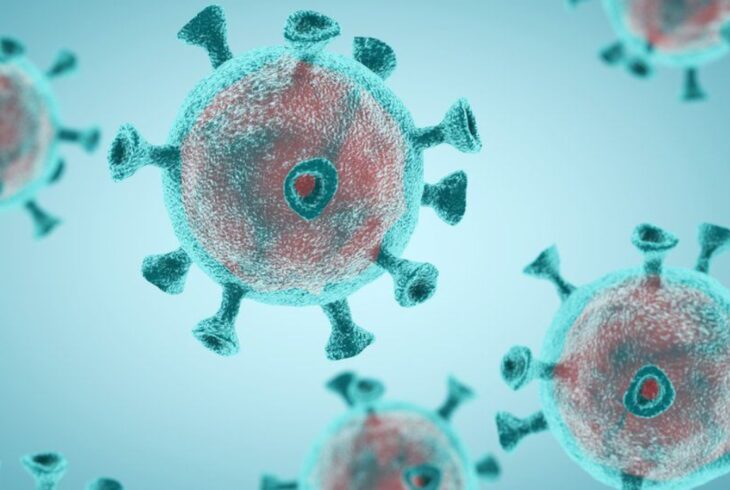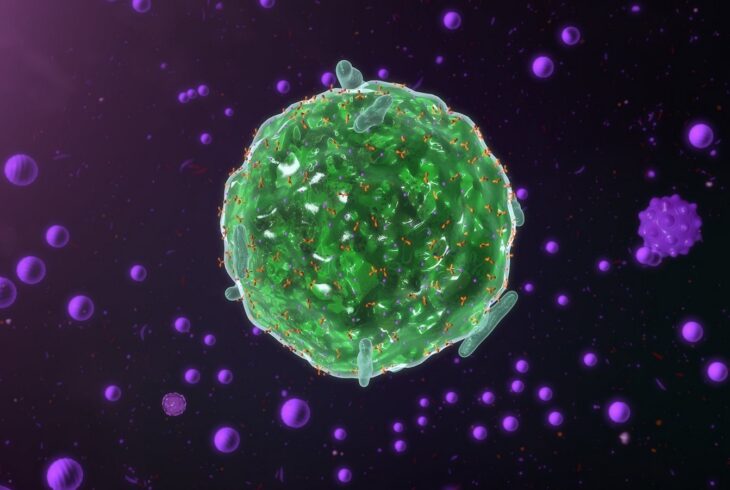When it comes to protecting your health and reducing your risk of contracting COVID, there are many recommendations medical professionals suggest. From eating a cleaner diet to taking nutritional supplements, there are a variety of ways to boost your immune system. You may also be surprised to learn that getting quality sleep can also help fend off COVID-19 in many ways.

Source: UC Health
Contents
Boost the Immune System
Experts recommend getting seven to eight hours of sleep each night to boost your immune system to ward off sickness and viruses. The nervous system is directly connected to the immune system, which means stress or poor quality of sleep can impact your body’s defenses against threats. Degenerative issues can occur when your body doesn’t get the sleep it needs, which prevents the immune system from doing its job.
Your immune system can also recharge and regain its strength every time you get some shuteye, making it necessary to prioritize your sleep on a consistent basis. You need to build up your body’s antibodies by getting deep sleep and entering the REM stage. REM or NREM has three stages that a person goes through as they fall deeper into restorative sleep.
- Stage 1/N1: The first stage is where a person is dozing off into sleep which normally lasts for 5-10 minutes. During this stage the mind and body are starting to relax with brain activates slowing down. You may notice brief movements known as twitches during this period. Another aspect of this stage is that it’s easy to wake someone up, but leaving a person to continue to fall asleep they will quickly move into stage 2.
- Stage 2/N2: This stage has a person entering a more subdued state where they see relaxing of the muscles, slower heart rate, a drop in temperature and slower breathing. During this stage, there is a change in brain wave patterns and eye movement completely stops. While brain activity slows at this stage, the mind will resist being woken up by outside stimuli. This stage normally lasts for 10-25 minutes.
- Stage 3/N3: This is the stage most commonly known as deep sleep where it’s much harder to wake someone up. The body relaxes even further with slower breathing and the body become extremely relaxed. Brain activity during this stage shows a very specific pattern known as delta waves. This stage has been shown by experts to be critical to the body’s restorative process. While brain activity slows there is evidence that this stage contributes to memory, creativity and insightful thinking.
If you find yourself waking up frequently, consider adding blackout curtains to the window to prevent light from filtering into the room.
Upgrading to a new mattress can also boost your quality of sleep because of the added comfort and support it offers. Mattress companies, like Amerisleep, offer hybrid mattresses which continue to increase in popularity because they have a combination of pocketed coils and memory foam. These mattresses are the perfect combination of comfort and support.
Finding and implementing different strategies to boost your immune system during sleep can make a huge impact on your ability to fight off infection. Since we spend almost half our life sleeping it’s a good idea to optimize this time the same way you would optimize your daytime activities for health.

Source: BBC
An Increase in T Cell Production
One of the main parts of your immune function is the white blood cells that are present, also known as T cells. T cells are produced when you’re asleep and are responsible for destroying harmful cells that are present in the body. Studies show that getting seven to eight hours of sleep each night allows individuals to have greater T cell production compared to people who get six hours of sleep. If you’re exposed to COVID, the T cells can fight off the invaders are prevent them from affecting your body. You become more susceptible to pathogens when it’s in a pro-inflammatory state due to a lack of rest and sleep.

Source: gruitday.com
Regulate the Mood
Regulating your mood is crucial during a pandemic because it can affect your ability to protect yourself against viruses. Adequate sleep can help you to feel happier and can protect your mental health, making it easier to have better days. If you feel more positive, you’re more likely to make better decisions when it comes to washing your hands more frequently or social distancing to reduce your risk of catching COVID.
If you have a better mood, it can also reduce your stress levels. Higher stress levels are linked to an increased risk of diseases and ailments, including COVID-19. Stress is shown to lower the immune system’s ability to respond to disease and infection so finding ways to mitigate or completely eliminate chronic stress from your life is incredibly important. It’s important to reduce your anxiety and feel more at ease throughout the day by scheduling your sleep to protect your body.
Consider limiting your screen time at night to reduce your exposure to blue light to make it easier to fall asleep. It’s also important to minimize your conversations before bed to avoid too much mental stimulation, which can cause your mind to go into overdrive when it’s time to wind down. Minimizing your naps can also regulate your sleep schedule, making it necessary to limit your naps to 20 to 30 minutes.

Source: Live Science
Boost Your Cytokines
As you spend time sleeping, the immune system is responsible for releasing cytokines, which are proteins that promote good sleep. If you have inflammation or infection present in the body, the cytokines increase to help your body heal and recover faster. If you happen to get COVID-19, it can be easier to recover in half the time.
Understanding how sleep directly impacts your health and how it can fend off COVID-19 can allow you to appreciate the rest you get each night. It can be easier to turn off the television earlier or cut off your work, knowing that getting more slumber will be effective in warding off viruses.
